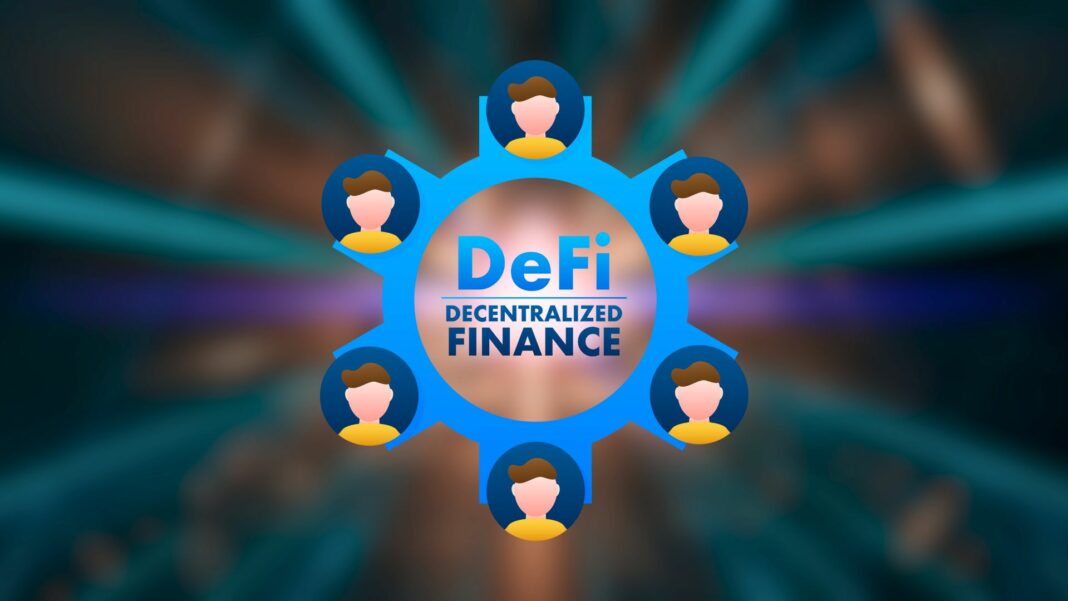- Decentralized finance (DeFi) protocols replicate banking, investment, and trading solutions using blockchain-based tools, and they offer a workable framework that fosters the growth of a secondary market for financial services.
- The primary financial functions of DeFi protocols are performed using suitable algorithms, but in contrast to traditional finance, where problems with value and valuation are frequent, DeFis lacks a comparable value-based analysis.
The globe has been subjected to a dramatic alteration in financial management over the past 10 years, with cryptocurrencies and decentralized finance (DeFi) playing key roles in its proper functioning. Financial systems have widened their space to everyone and are no longer limited only to a small group of people, due to the growth of internet services and blockchain technology. DeFi, which highly depends on the same underlying technologies as cryptocurrencies like Bitcoin and Ethereum, is foremost responsible for such development.
By enabling anyone to enjoy financial services irrespective of the place they are in, who they are, or where they are situated, decentralized finance removes the requirement for a centralized finance strategy. Through individual-focused trade services and personal wallets, DeFi applications provide consumers with more control over their finances.
The Relationship Between Decentralized Finance (DeFi) And Cryptocurrency
‘DeFi’ refers to a subset of financial services that make use of smart contracts and blockchain technology. This ground-breaking method of finance is decentralized, offering an alternative to traditional financial institutions and supporting the use of cryptocurrencies. The total value locked (TVL) in DeFi was approximately $48.65 Billion as of 2022, and there were a few million users worldwide, according to estimates. In the whole DeFi market, Ethereum, a top platform for DeFi apps, had a market share of around 58.1%.
Positive Aspects Of Decentralized Finance
There are several advantages to decentralized finance. Decentralized finance can increase financial inclusion, promote intermediary-free innovation, remove the need for them, guarantee the immutability of transactions, avoid censorship, ensure that all participants are subject to the same rules, enable auditing of transactions by anyone with internet access, lower the cost of international transactions, encourage trustless financial intermediation, and promote global participation.
Possibilities Of Decentralized Financing
Many opportunities are presented by decentralized finance. Decentralized financial systems offer better efficiency than their initial chances. Financial transactions can be more productive when they are decentralized. By substituting smart contracts for trust needs, decentralized finance can boost efficiency.
Decentralized finance presents enhanced transparency as its second opportunity. Transparency in finance can be greatly improved by decentralization. On decentralized finance applications, all financial transactions will be open and transparent. As a result, the smart contract codes may be examined on the blockchain and are publicly observable.
The availability of decentralized finance protocols to all parties is the third potential that decentralized finance offers. As a result, everyone might benefit from an open and accessible financial system. Decentralized finance protocols will allow both the wealthy and the destitute to carry out transactions. The old banking system’s pervasive income discrimination between the wealthy and the poor can be eliminated.
Furthermore, access limitations that are mandated by regulation, such as strong security tokens, can be applied in token contracts without affecting the decentralization characteristics of the decentralized finance infrastructure.




